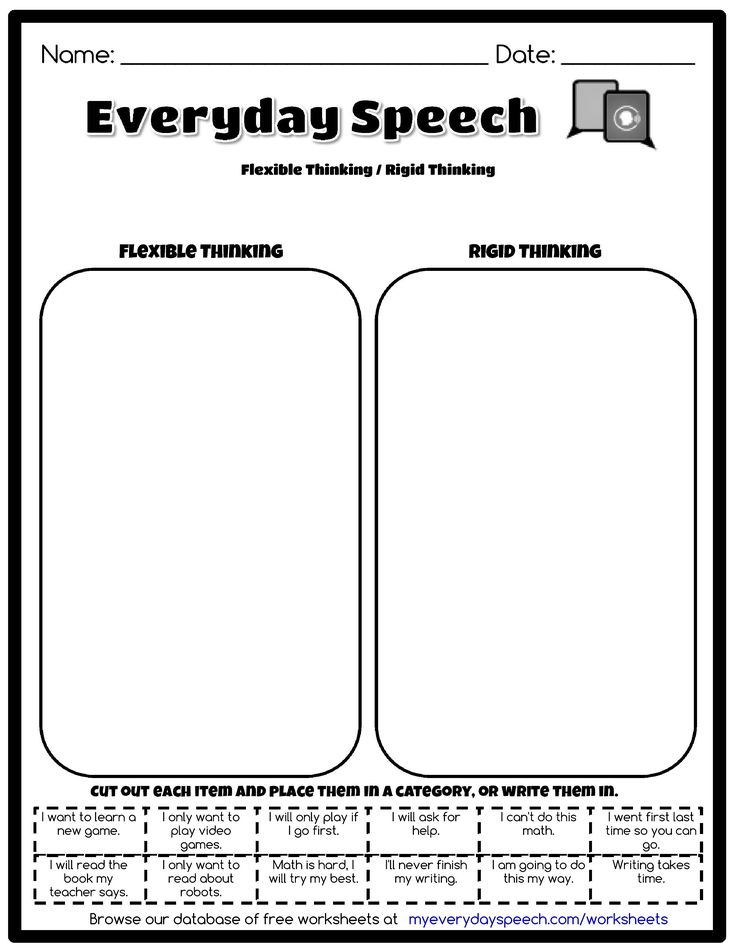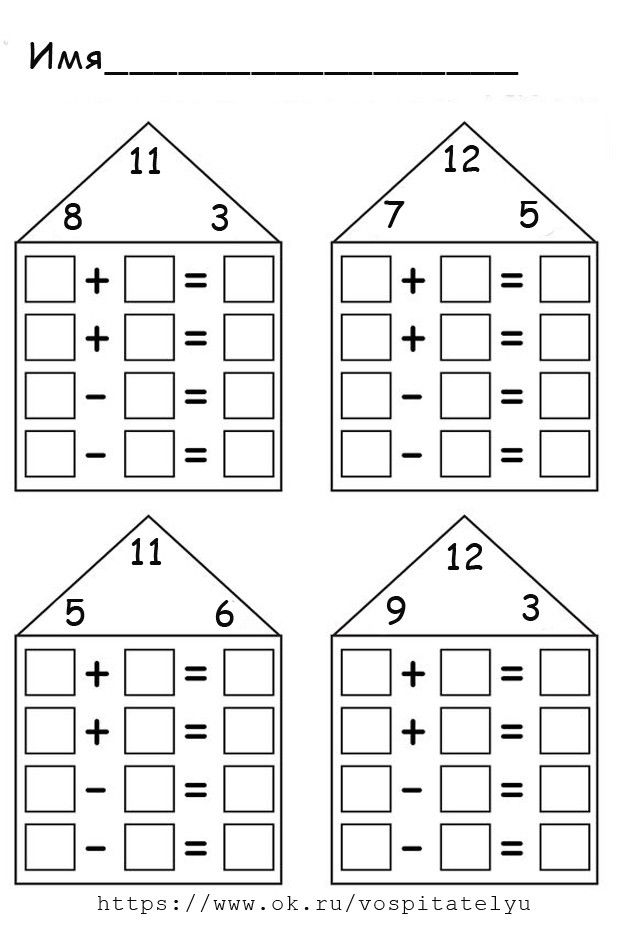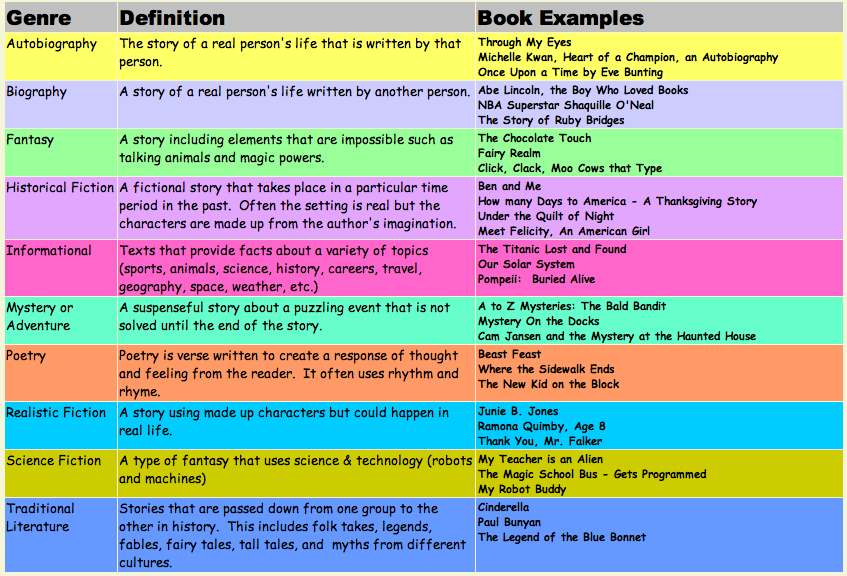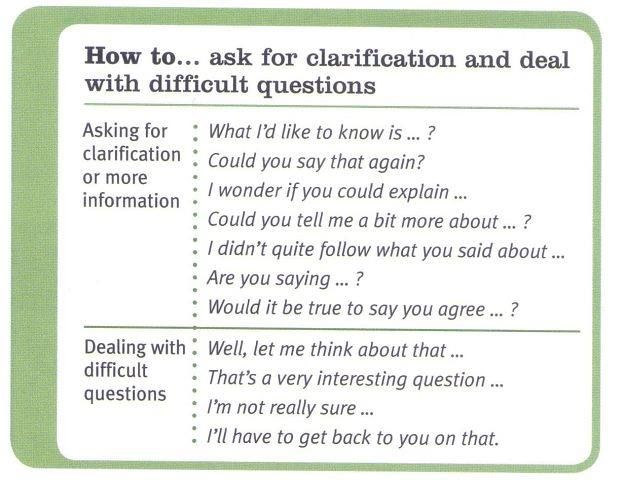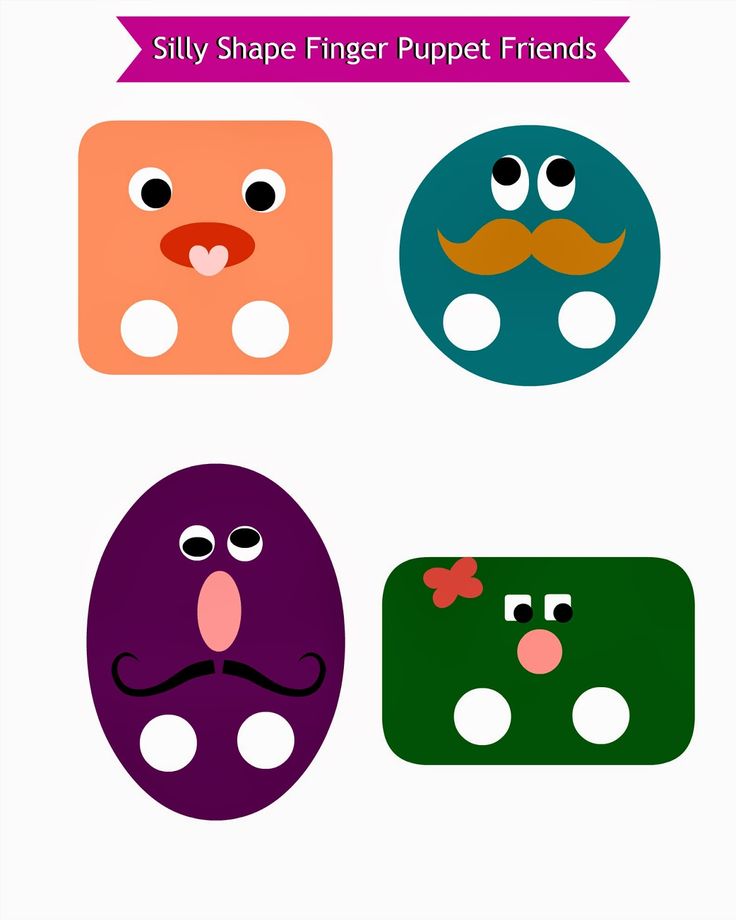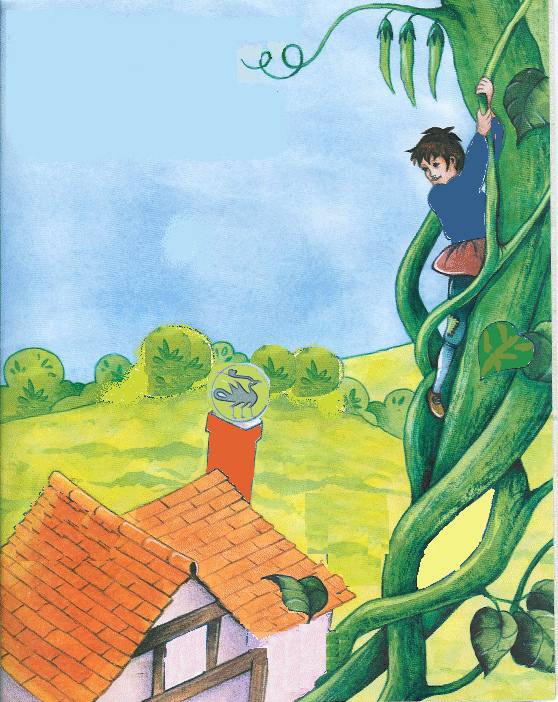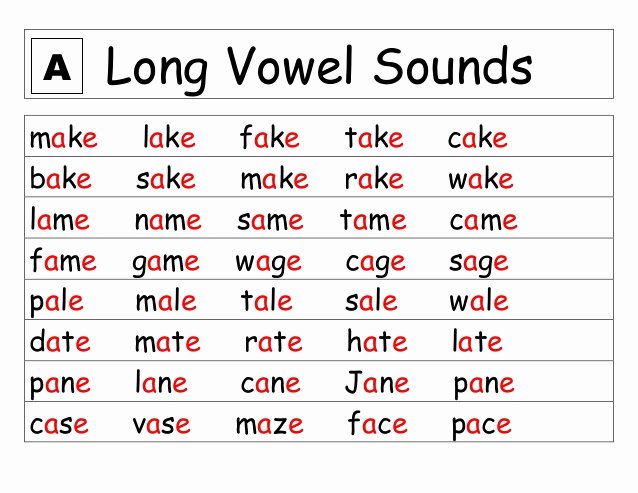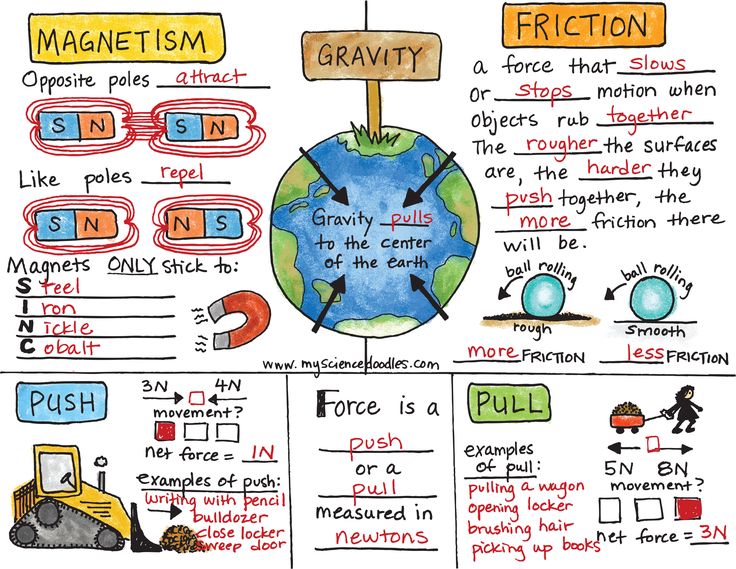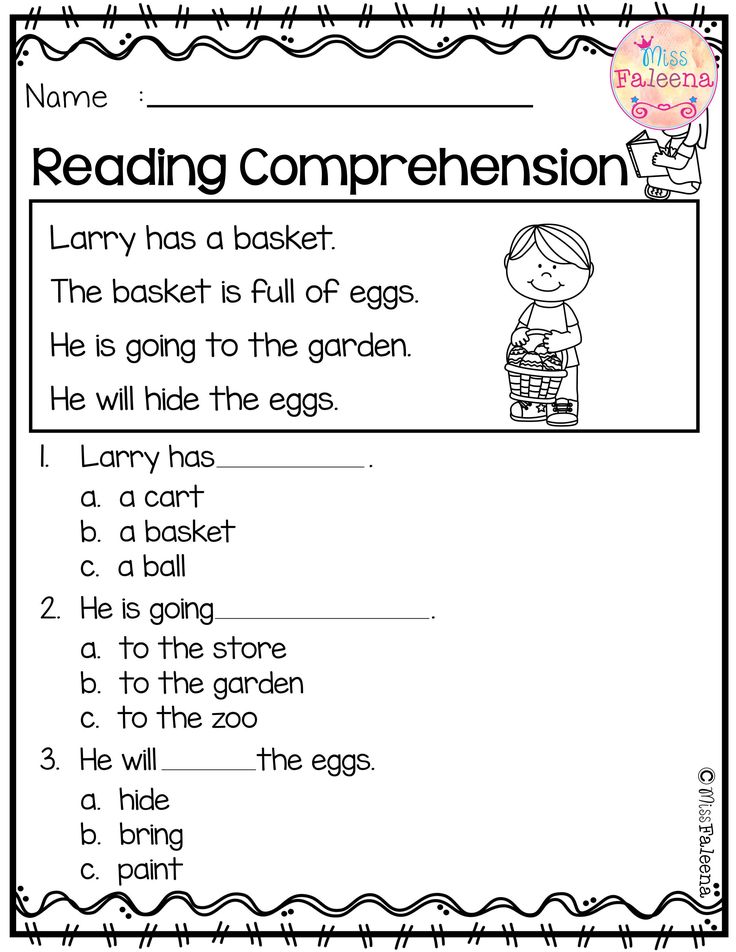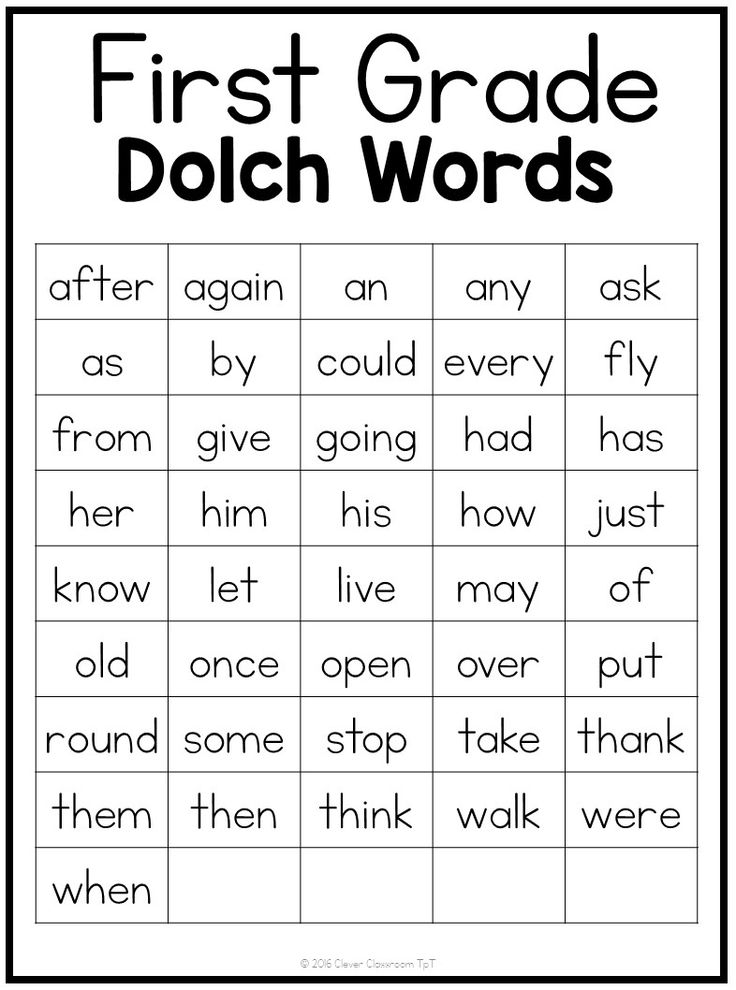Social skills activities for high school students
10 Social Skills Activities for High School Students
This post contains affiliate links. If you click and buy we may make a commission, at no additional charge to you. Please see our disclosure policy for more details.
Sharing is Caring!
14shares
- Pinterest14
When I think about how to prepare my kids for success as adults, the number one thing that pops into my head is helping them have the skills to build relationships, be kind, and work well with people around them. I want them to have social skills!
Whether you’re a teacher, mother, or leader of any kind, you’ve probably had a similar thought. And as much as high school-aged kids love sitting down for boring lessons, I thought adding some fun into it was a better idea.
So I’ve found 10 social skills activities for high school students that are fun, interactive, and help build those important skills! And I can’t wait to try some of them out!
Social skills are all the skills that help you communicate, work with, and build relationships with the people around you. There are way too many to list, but here are a few examples!
- Respect
- Teamwork
- Empathy
- Active listening
- Communication
- Reading social cues
- Sharing
- Emotional regulation
Each of these and any other social skills are so essential for high school students to learn! It’ll help them build healthy relationships throughout school and so far beyond. Could there be anything more helpful for a young adult to learn?
Luckily, there are lots of ways to build these skills, like these social skills activities!
Ready to have some fun with some social skills activities? Here they are!
1. Get to Know You Bingo
Get to know you bingo is a classic for a reason! All you need to do is give each student a blank bingo sheet and have them fill it in with basic facts about themself.
It can be things like where they were born, their birth month, favorite color, or anything they can think of. Then they go around the room looking for people that have one of the same things on their board. If they found someone else with the same fact, they can both mark it off.
If they found someone else with the same fact, they can both mark it off.
The first one to get a bingo wins!
2. Role Play
Work on empathy by role-playing a situation where someone is struggling. Work on teamwork by putting a group together for a role play. Or work on communication by role-playing any sort of scenario!
Whatever you choose, role plays are a fun social skills activity and a great learning tool.
3. Conversation Card Speed “Dating”
To work on their communication skills, try lining the group up speed-dating style and giving them conversation ideas on index cards. Have them talk to each other and work on starting up conversations.
They’ll get to know each other so much better and feel more comfortable talking to different types of people.
4. Strengths Jenga
This might be one of my favorite social skills activities! Grab a jenga game and pass out a block to everyone in the group.
Have each person write down what they think is their greatest strength.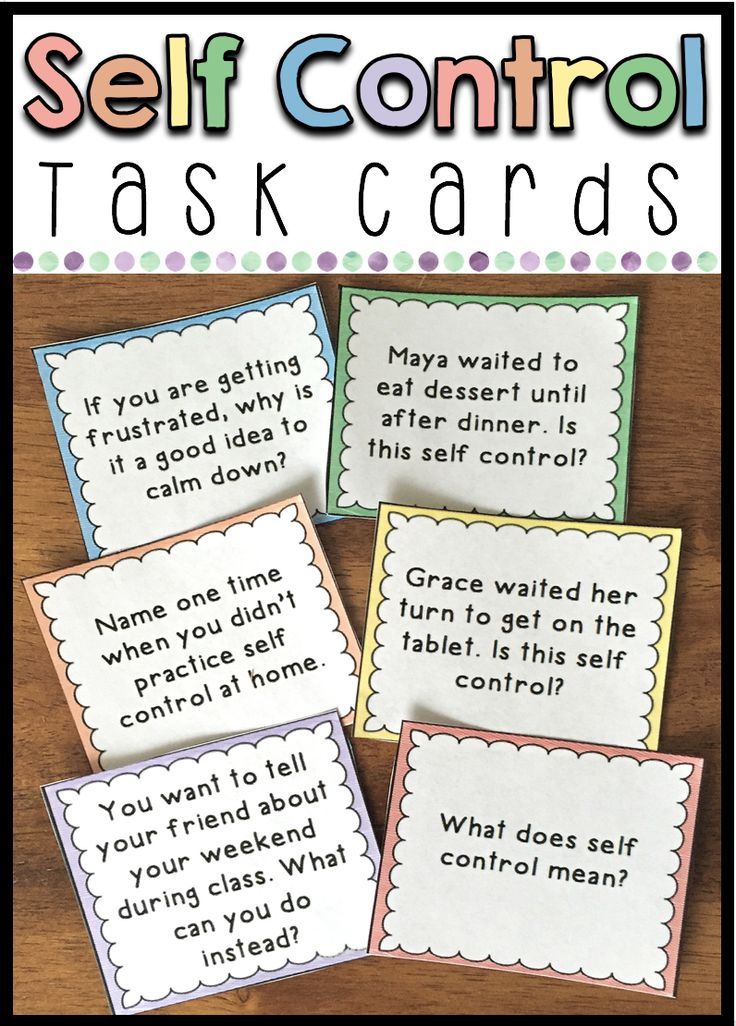 Have them read of their trait as they add it to a Jenga tower.
Have them read of their trait as they add it to a Jenga tower.
Explain how important it is to value those around you and work with each other in order to be successful.
5. Debates
Another great activity that helps with recognizing social cues and learning respect is having debates! Debates can be about anything from hot topic issues to what the best flavor of pie is.
It’s up to you and your type of group what topic you think is best, but if you want some great ideas for debate topics we’ve got some great teen-friendly ones to choose from!
6. Empathy Map
Image: hope4hurtingkids.comI love the idea from Hope 5 Hurting Kids to make an Empathy map. Empathy can be a hard topic to really understand for developing minds and it helps break it down in a fun way.
Especially in a time of life when empathy often is lost, this map activity can be really helpful. Basically, you choose a situation that the students may encounter and go through what you see versus what a person feels.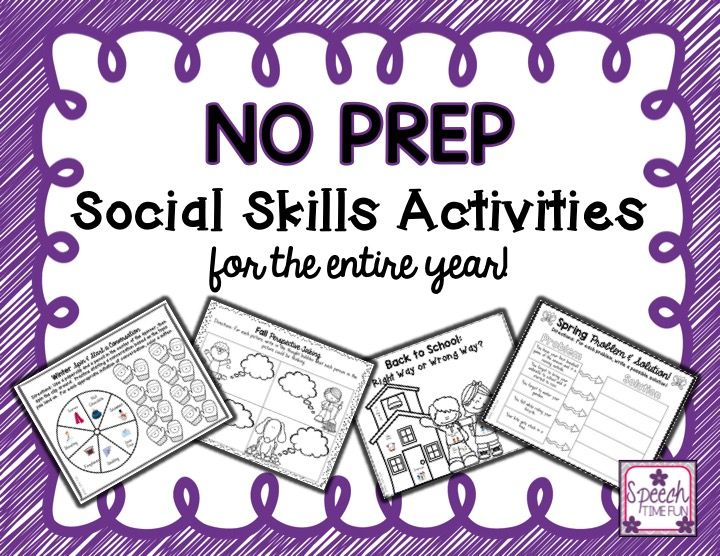
The whole experience is so reflective for any age!
7. Service Project
How about a service project in your community? Service is a great way to help kids build social skills! They communicate as they coordinate their efforts, learn empathy for others, and work together as they complete the project.
If you’re in a formal classroom, you could do something that you could do right from the class, or if you have the ability to travel you could take a field trip to do a project.
8. Class Meeting
A good simple social skills activity that you could incorporate regularly into your class or group is a meeting!
Alternate different roles like meeting leader, scribe, etc., and let the students bring things to the table to discuss. Not only will they be working on their social skills, but it also gives them a chance to express themselves and feel like they are a part of something.
9. Acts of Kindness Board
Image: ripplekindness.orgI love the idea of creating an act of kindness bulletin board as an activity to do with high school students.
Find a space to place a board that says “acts of kindness” and leave sticky notes or spaces for people who pass by to add a message about something kind that they did or even something kind someone else did for them.
It’s a great way to encourage students to interact, communicate, and be kind to each other in a fun way!
10. Group Scattergories
Split the group into small groups of 3-4 people and play Scattergories. You can have the groups take turns choosing different letters. Be prepared with topics that each group has to use to think of things that start with the chosen letters.
Working as a group can be tricky, but it’ll help them work together and take turns choosing different answers to submit as a group.
If another group has the same answer, neither group gets a point. But if a group comes up with an exclusive and relevant answer, they’ll get a point. Whoever gets the most points wins!
Do you like these social activities for high school students? Let us know in the comments!
Check out these other great posts!
Is Homeschooling Right for You? 10 Things to Consider
50 Back to School Quotes the Inspire
The Best Back to School Teacher Gifts
50+ Best Back to School Jokes
Sharing is Caring!
14shares
- Pinterest14
9 Social Skills Activities for High School Students
Strengthening social skills and emotional intelligence in high schoolers can be a challenge.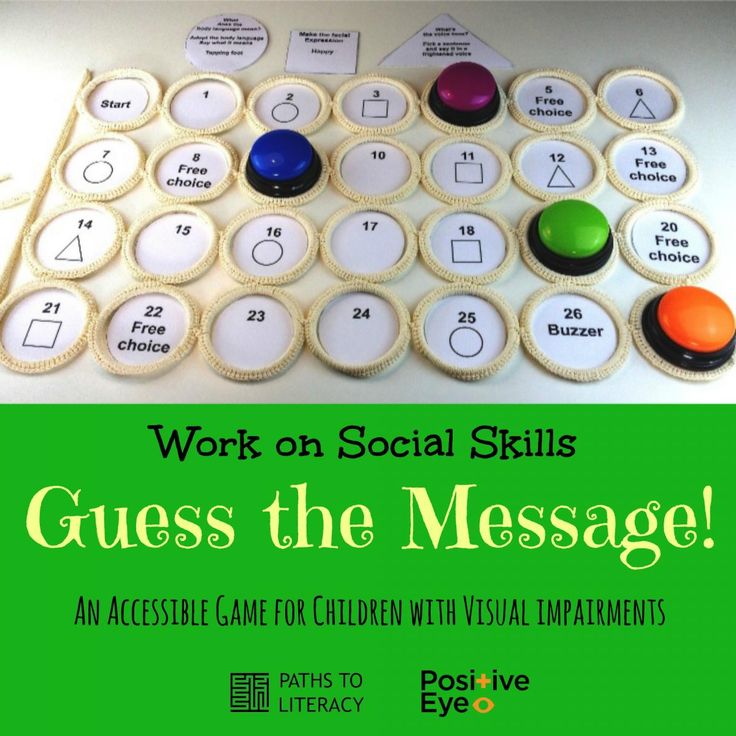 At this age, teens are learning how to handle conflict, converse with their peers and regulate their rollercoaster ride of emotions.
At this age, teens are learning how to handle conflict, converse with their peers and regulate their rollercoaster ride of emotions.
To support high school students – whether as a teacher, a parent or a mentor – you can help them build positive social skills through activities and games. Here are some of our favorite social skills activities to put into action with your teens.
What are key social skills for high school students?
To become adults who thrive, high school students should learn key social skills such as:
- relationship building
- social awareness
- self-management
- decision making
- active listening
- stress reduction
- empathy
It’s important for young people to learn these social skills so that they’re able to engage with others in a positive way in the long run.
Top 9 social skills activities
Social skills are essential life skills that must be practiced over time. You can support your students or teens by engaging them in activities designed to work on these skills, such as:
1.
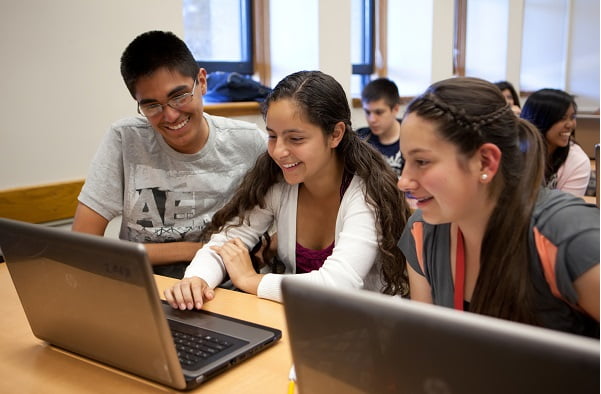 Get to know you bingo
Get to know you bingoGet to know you bingo is a classic for getting teens to learn how to start a conversation, share stories and find common ground. Simply print off blank bingo sheets and ask them to fill it with personal information, such as their favorite animal, greatest fear, future career goal, etc.
Students then should mingle around the room, ask about others’ information and share their own. If two people have the same information on their bingo board, they can cross it off. The first individual to mark off all squares is the winner.
2. Conversation speed dating
Invest in conversation cards and have teens pair off. Every pair should be given a conversation starter (try the ones from Chat Chains) and hold a conversation for at least 10 minutes. You can then change up the pairs in a “speed dating” format so that teens have multiple opportunities to learn how to engage with others.
3. Kindness Jenga
Buy a new Jenga board and write a different “kindness challenge” on every block. This could be as simple as “give a friend a compliment” or as involved as “buy somebody lunch who needs it.” As students play the game, they have to complete the acts of kindness.
This could be as simple as “give a friend a compliment” or as involved as “buy somebody lunch who needs it.” As students play the game, they have to complete the acts of kindness.
4. Emotions Uno
Emotions Uno is a fun way for teens to talk about their feelings. Have each color in the game stand for an emotion: blue for sad, green for peaceful, yellow for happy, and red for angry or scared.
In the first 10 minutes, as students play a card, they have to name an experience when they felt these emotions. So if they played a yellow card, they would mention a time when they felt happy.
In the next 10 minutes, switch up the rules and have students share strategies for avoiding or achieving these emotions. For example, if a student played a blue card, they would talk about something they do to overcome disappointment or sadness.
5. Role play
Role play is a tried-and-true activity that practices social skills. Come up with a dozen scenarios for high schoolers to act out, such as bullying, peer pressure at a party, etc. Every group will receive a scenario, come up with a script and act it out in front of the class.
Every group will receive a scenario, come up with a script and act it out in front of the class.
6. Mind maps for self-analysis
Mind maps can be an excellent way for high schoolers to reflect on what defines them and share these characteristics with others. Have students write their name in the middle of a paper and create at least three initial branches: qualities, pastimes and goals. From here, students can add different branches for each area.
Once everybody has finished, teens can share their mind maps in small groups and ask questions about each other’s maps.
7. Group service project
Learning to work as a team is a vital part of social skills. Creating a service project for your classroom or group of teens can allow them to solve problems and work towards a greater mission.
Showcase some example service projects – such as a charity talent show, or a weekly soup kitchen – and then support your teens as they plan their project over the course of the next few weeks.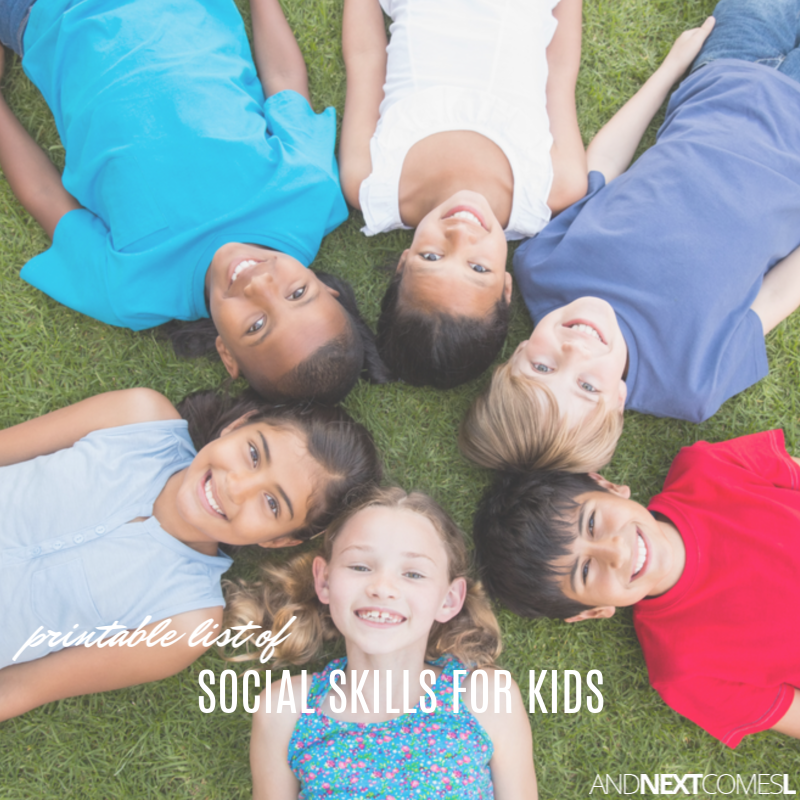
8. Drama workshop
Teens are naturally dramatic and working on a short play can build a sense of empathy and teamwork. Choose a play that you think teens would be interested in and then assign roles so that everybody feels valued (including scene creation, sound, costumes, etc.)
9. Debate
Debating is an excellent way to improve skills such as listening to others, speaking in public, solving problems and highlighting important information. Put together a list of debate topics and have students go through several stages of preparation: from research, to a short essay, to a practice debate and finally a formal in-class debate.
Leverage social skills activities with your teens
Help high school students strengthen their social skills through activities. These top options above can be used to build key skills such as listening, empathy and more, so be sure to make use of them in the classroom and beyond. And don’t forget to model great social skills yourself when interacting with teens!
Looking to build your high schooler’s social skills? Check out ThinkPsych’s social skills resources and games for more activities.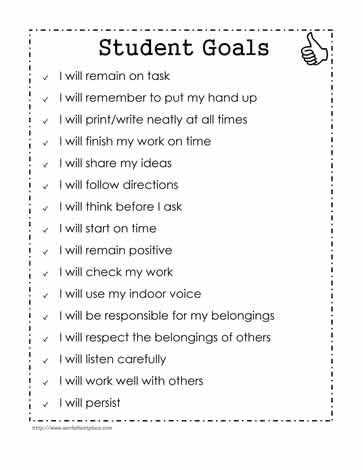
References
- 10 Social Skills Activities for High School Students, Everything Mom, https://www.everythingmom.com
- 15 Social Skills and Classroom Management Activities, Education to the Core, https://educationtothecore.com
- 25 Fun and Easy SEL Activities to Boost Social Skills, We Are Teachers, https://www.weareteachers.com
- Evidence-Based Social Skills Activities for Children and Teens, Parenting Science, https://parentingscience.com
Social Skills of Primary School Students - Child Development
In the early grades, the child's social circle changes. Some find best friends for themselves, many strive for this. Some children find it easy to find company, others find it difficult. How can you help your child learn to get along with peers? Let's take a look at some suggestions for this.
1. Be alert to situations where your child is having difficulty with peers
If you tell your child each time what he should do in a given situation, you will let him know that he is not able to cope with such situations on their own.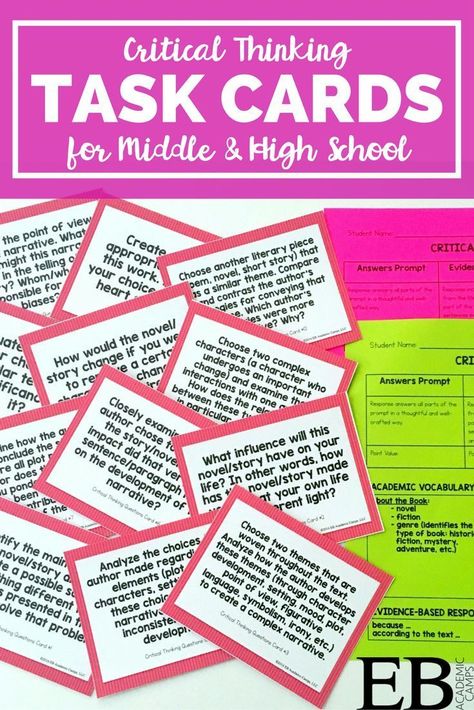 Your instructions won't teach him anything. Instead, help your child understand their feelings and identify the cause of the problem.
Your instructions won't teach him anything. Instead, help your child understand their feelings and identify the cause of the problem.
2. Do not take sides in conflicts between the child and peers
Listen to the child's point of view and accept his feelings, but do not blame the other child for everything. If you suspect that your child is not completely honest with you, invite him to look at the situation from the opposite side. However, don't blame your child either. For example, you could say to your child, “I wonder why Ann said such hurtful words. Maybe she was offended by you and Katya for not inviting her to play with you?
3. Teach your child to voice their needs without being in conflict with others
This can be tricky and will likely require a lot of your time and patience. For example, if your little daughter is yelling at her friend, “Don't give orders!”, you might say, “You seem to be very angry with Ira.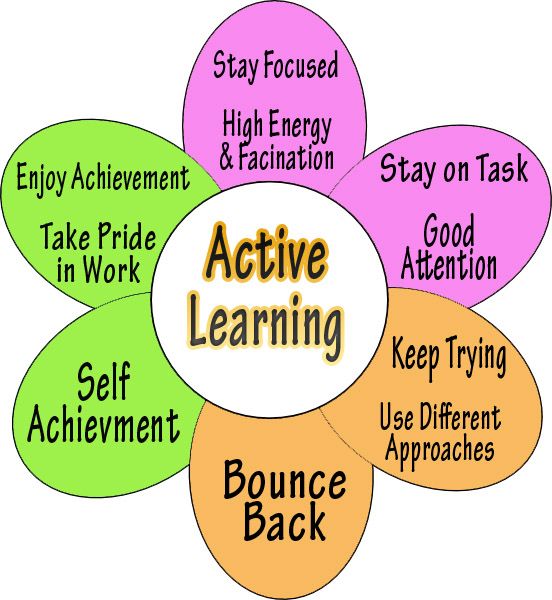 Tell her what you want rather than what you think of her.”
Tell her what you want rather than what you think of her.”
4. Teach your child to stand for yourself
Every child should learn this skill. For some, this will require you to sort out some situations by roles: “It seems to me that you wanted to tell Sasha that you like to fight him, but you need to discuss the rules. For example, you can agree that the word "stop" means the end of the fight. It's probably hard to tell a friend. Let's rehearse these words, and it will be easier for you to say them to Sasha.
5. Do not deny the child's point of view about other people
Instead, accept the child's feelings and help him express them. For example, instead of the phrase: “I don’t think Ksenia wanted to offend you. You should not refuse to go to her birthday, "you can say:" It seems to me that what Xenia said in the yard offended you. You think she did it on purpose and that's why you don't want to go to her birthday party.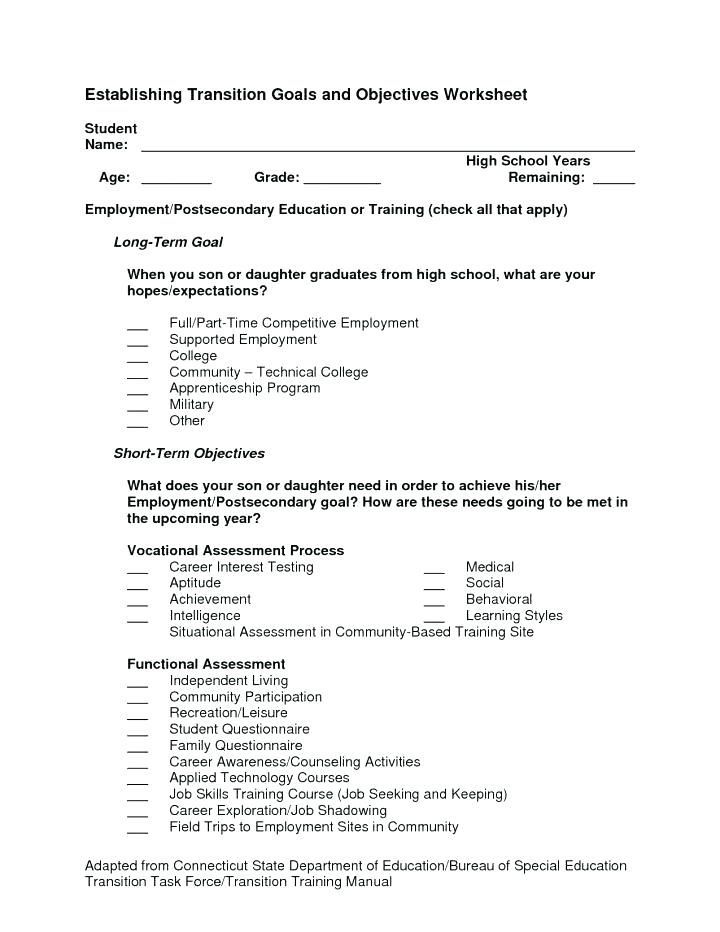 "
"
Your emotional support will help your child deal with negative feelings and make informed decisions as a result.
6. Acknowledge and respond to the child's feelings rather than being dismissive
Parents sometimes find it so difficult to see their child experiencing negative emotions that they become angry at the person who caused them. At the same time, they can say: “He is not your friend. Don't hang out with him and find yourself some new friends." But such advice will not help the child. They deny the child's feelings, and as a result, he continues to suffer.
First of all, get your own feelings about the situation under control. Empathize with your child and help him process his feelings. The child may become even more sad for a while, but this is how he expresses his feelings, and does not suppress them. When he feels better, he will try to find the best way out of the situation.
7. In primary school, children often suffer from the fact that someone tries to command them
All children want everything to happen the way they want. But at the same time they want other children to play with them. The ability to negotiate is extremely important at this age. To teach this to your child, ask him questions, for example: “What is more important to you: that you can play the way you want, or that Katya play with you?”
But at the same time they want other children to play with them. The ability to negotiate is extremely important at this age. To teach this to your child, ask him questions, for example: “What is more important to you: that you can play the way you want, or that Katya play with you?”
When another child tries to be bossy, yours may need prompting on how to communicate politely. Teach your child phrases like: “I want to play with you. But we've been playing with dolls all morning, and I'm already tired. Let's come up with something that will be interesting for both of us."
8. Teach your child to find different solutions to problems
Often, when children experience different emotions, they know what actions to take, for example: “I am no longer angry with Serezha, and I want to play with him. I'll go and invite him to play." But, if the child does not know what to do, help him. Sometimes a child just doesn't know how to say "no" without ruining a friendship with someone.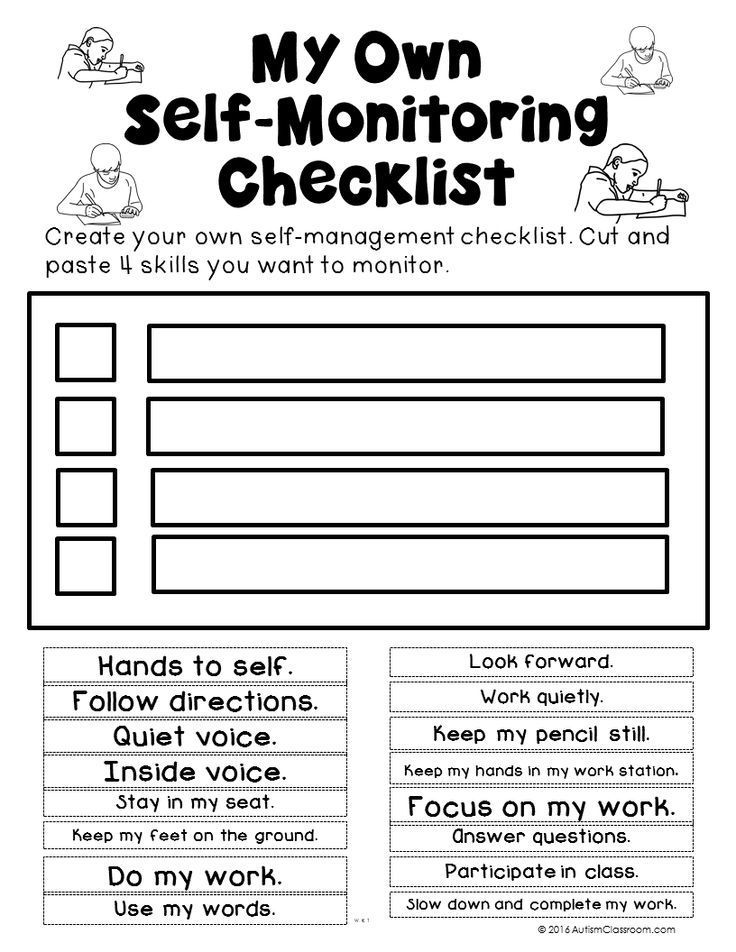 And you can help him with this.
And you can help him with this.
9. If the child is having difficulty, think about how you can help him
Some children have difficulty with social skills, such as being unable to join a new company. Some children do not know how to listen to the interlocutor and invade the personal space of other children. Watch your child when he plays with peers and pay attention to what goes wrong. Later, without making the child feel guilty or ashamed, act out this scene with plush toys. At the same time, ask the child what the characters should say or do. Inject some fun into this activity to lighten the mood.
Reading books on social skills can also be helpful, so that the child understands that you want to support him, not correct his behavior.
If you don't know how to help your child, read parenting books about social skills. This will help you understand what your child needs to learn and provide targeted support.
10. Be attentive to the words of other children and their parents.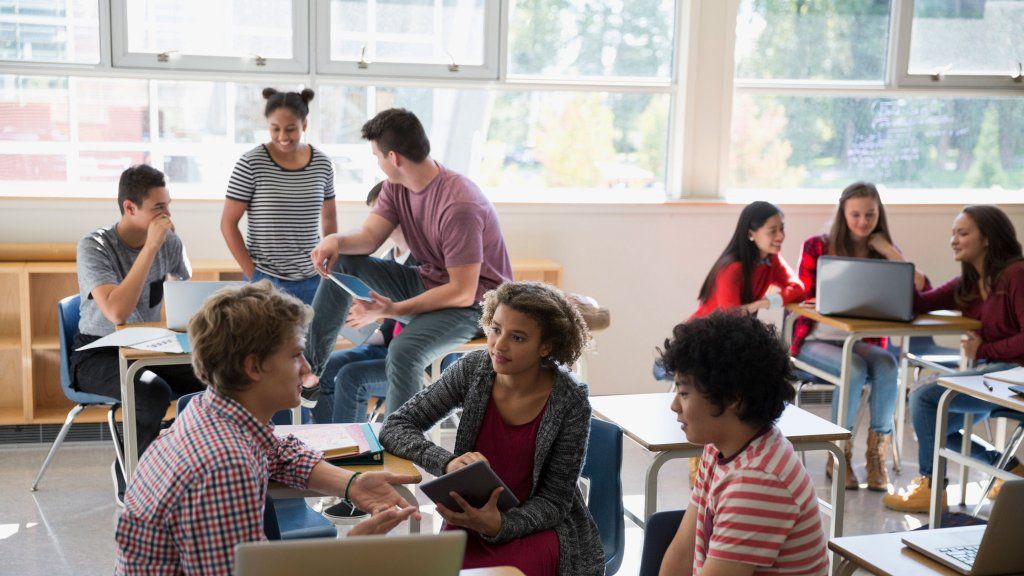 When need be ready intervene
When need be ready intervene
Emotional reactions to certain situations can become habitual in a child. An example of this is the use of force: parents often justify such behavior of young children, but when the children get older, there is nothing they can do about it. When children (especially at the age of two) show aggression, this indicates that they cannot cope with their feelings (most often fear) that affect their behavior. When a child resorts to the use of force in primary school, this is a signal to parents that he needs help.
If the parents of another child say that your son has hit him, you should be wary. Don't blame your child, but help him put himself in his peer's shoes and think about how he felt. Invite your child to apologize. Analyze the situation with him and think about how to avoid this next time. Explain to the child that, whether provoked or not, the use of physical force is unacceptable.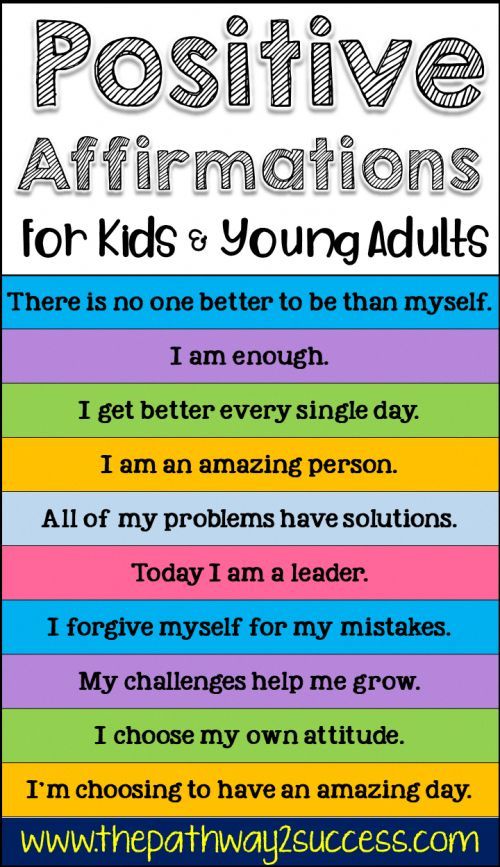
Then take a close look at your child's life. Maybe he is too sensitive, suppresses his feelings and needs your help? Maybe he becomes a witness to how violence is used against other people in the family, on TV, etc.? Do you yourself use physical force to discipline the child (this also applies to cases when you put him in a corner or close him in his room). The answers to these questions will help you find the root of the problem.
Social skills of preschoolers - the development of social skills in children
The development of social skills is a necessary point of education. A child with a high degree of socialization will quickly get used to kindergarten, school, any new team; in the future will easily find a job. Social skills have a positive effect on interpersonal relationships - friendship, the ability to cooperate.
Let's figure out what social skills are.
What are social skills and why develop them?
Social skills - a group of skills, abilities that are formed during the interaction of a person with society and affect the quality of communication with people.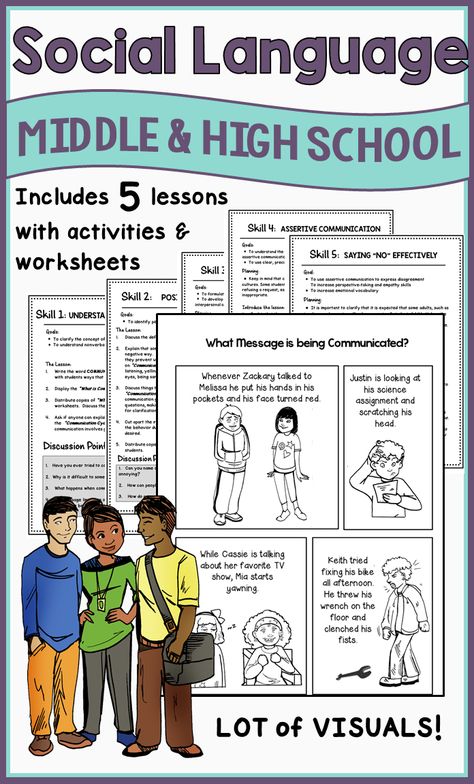
Man is a social being: all our talents and aspirations are realized thanks to other members of the group. Others evaluate our actions, approve or condemn our behavior. It is difficult to reach the pinnacle of self-actualization alone.
That is why social skills are important. They should be developed from early childhood and honed throughout life.
Social skills are a reflection of the child's emotional intelligence, to which educators and teachers assign an important role in the process of personality development. Without this group of skills, a smart child will not be able to apply the acquired knowledge in practice: it is not enough to create something outstanding, you need to be able to correctly convey thoughts to the public.
Sometimes people mistakenly believe that social skills relate exclusively to the topic of communication, communication. In fact, skills include many multidirectional aspects: an adequate perception of one's own individuality, the ability to empathize, work in a team, etc.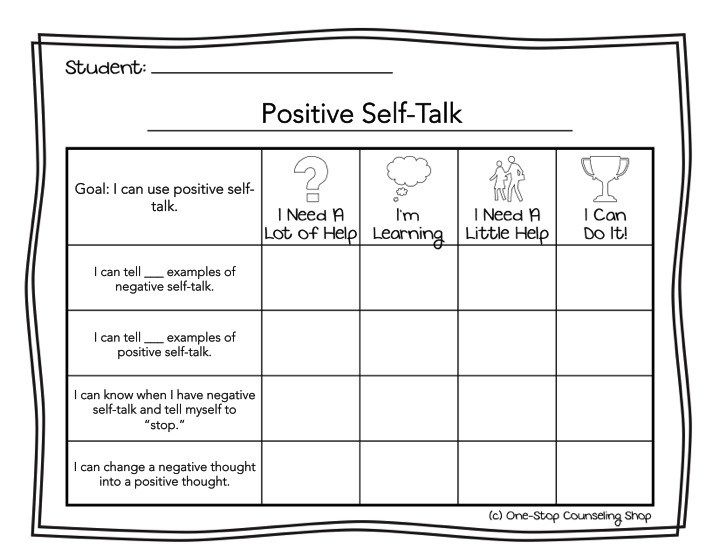
Why do we need social skills?
- Regulate the area of interpersonal relationships: the child easily makes new friends, finds like-minded people.
- Minimize psychological stress: children with developed social skills quickly adapt, do not feel sad due to changes in external circumstances.
- They form an adequate self-esteem from childhood, which positively affects life achievements and development in adulthood.
- Social skills cannot be separated from building a successful career: the best specialists must not only understand the profession, but also have high emotional intelligence.
Development of social skills in a child
Social skills need to be developed from preschool age, but older children and even teenagers may well learn to interact with the world.
It is recommended to pay attention to areas of life that bring discomfort to the child, significantly complicate everyday life.
- Friends, interesting interlocutors: the kid does not know how to join the team, he prefers to sit in the corner while the others are playing.
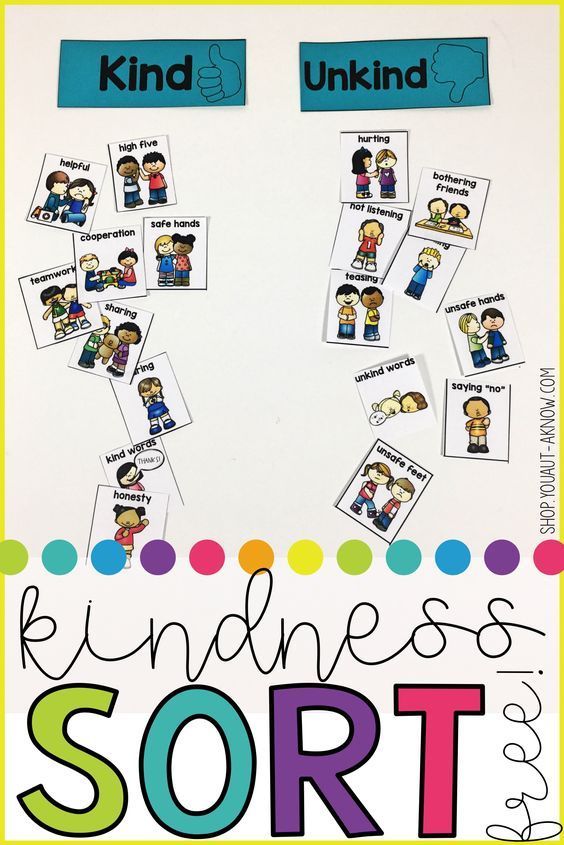
- Verbal difficulties. The child does not understand the rules of conversation, is poorly versed in the formulas of etiquette (when you need to say hello, say goodbye, offer help).
- Problems with the non-verbal side of communication. Such a baby does not recognize the shades of emotions, it is difficult to understand how others relate to him. Cannot "read" faces and gestures.
- Does not know the measure in expressing a point of view: too passive or, conversely, aggressive.
- The child bullies classmates (participates in bullying) or is a victim.
In case of severe moral trauma, one should consult a psychologist: for example, school bullying is a complex problem that children are not able to cope with on their own. The involvement of parents and teachers is required.
In other cases, family members may well be able to help the child develop social skills.
What are the general recommendations?
1.
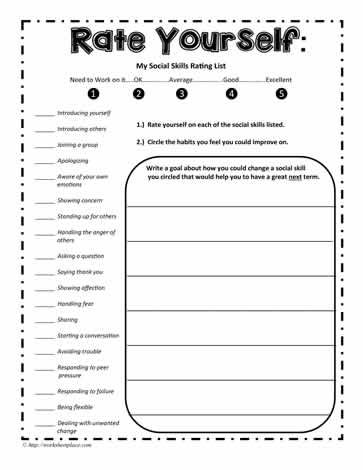 Be patient
Be patient Don't push your child to get things done. Let them take the initiative: for example, do not rush to help during school gatherings, let the baby work on the problem on his own. The same goes for lessons and other activities.
2. Support undertakings
Children's dreams seem trifling to adults, but the initiative turns into a habit over the years and helps to discover new projects, meet people, and experiment.
3. Criticize the right way
When making negative comments, remember the golden rule of criticism: analyze the work, highlighting both positive and negative sides in a polite manner. Commenting on the specific actions of the child, and not his personality or appearance - this will lead to problems with self-esteem.
4. The right to choose
It is important for children to feel that their voice is taken into account and influences the course of events. Invite your child to personally choose clothes, books, cartoons.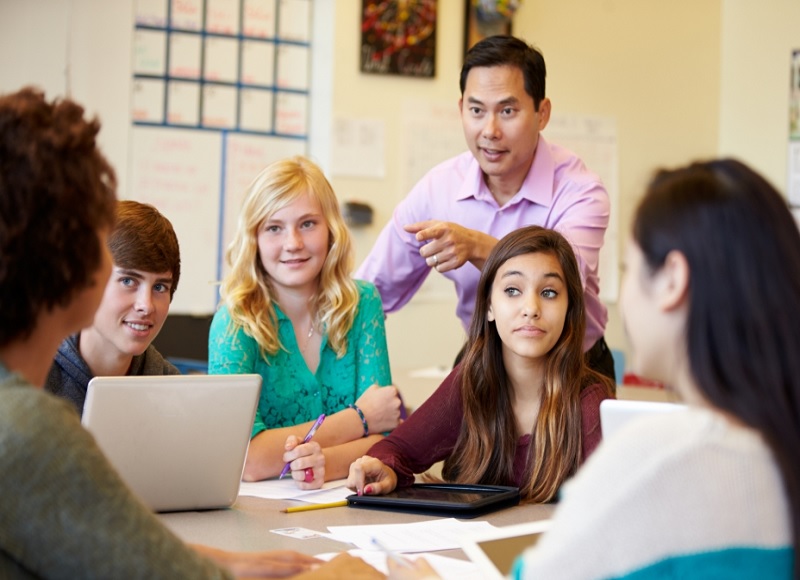 Ask about ideas, plans: “We are going to have a rest together at the weekend. What are your suggestions?
Ask about ideas, plans: “We are going to have a rest together at the weekend. What are your suggestions?
5. Personal space
Make sure that the baby has a place where he can be alone and take a break from talking. Personal things should not be touched: rearrange without prior discussion, read correspondence with friends, check pockets, etc.
Children, noticing the respectful attitude of adults, quickly begin to pay in the same coin; the atmosphere in the family becomes warm and trusting.
What social skills should be developed in a child?
Let's dwell on the main qualities and skills, the development of which is worth paying attention to.
1. The ability to ask, accept and give help
Without the ability to ask for help, the child will deprive himself of valuable advice; the lack of the ability to accept help will lead to losses, and the inability to provide help will make the baby self-centered.
- Let the child help those in need: for example, a lagging classmate.

- Explain to your child that getting help from friends and teachers is not a shame.
- Show by personal example that mutual help enriches experience: tell how you exchange advice with colleagues, friends.
2. The ability to conduct a conversation and get the right information
Being a good conversationalist is difficult, but the skill is honed over time and brings a lot of benefits.
- Prompt the child for dialogue development options: for example, you can start a conversation with an appropriate question, a request for help.
- Do not leave the child in the role of a silent listener: discussing pressing issues at home, ask the opinion of the baby.
- Support children's public speaking: reports at school, performances, funny stories surrounded by loved ones will add confidence.
3. Empathy
Empathy is the ability to recognize the emotions of others, put yourself in the place of another person, empathize.
This ability will make the child humane, prudent. How can it be developed?
- Start by recognizing the child's feelings - it is useless to listen to people if the person does not feel personal feelings. Ask your baby: “How do you feel after a quarrel with friends?”, “Do you want to relax today?”
- After conflicts with classmates, ask your child how the children with whom the quarrel may be feeling now.
- While watching cartoons, reading books, pay your child's attention to the emotional state of the characters.
4. Ability to work in a team
Many children can easily cope with tasks alone, but this is not a reason to refuse to work in a team. It gives the opportunity to exchange ideas and experience, delegate tasks, achieve goals faster and more efficiently.
- If the child does not communicate with members of the team, try to introduce him to another social group: for example, the lack of communication with classmates can be compensated by a circle of interests, where the child will feel calmer.
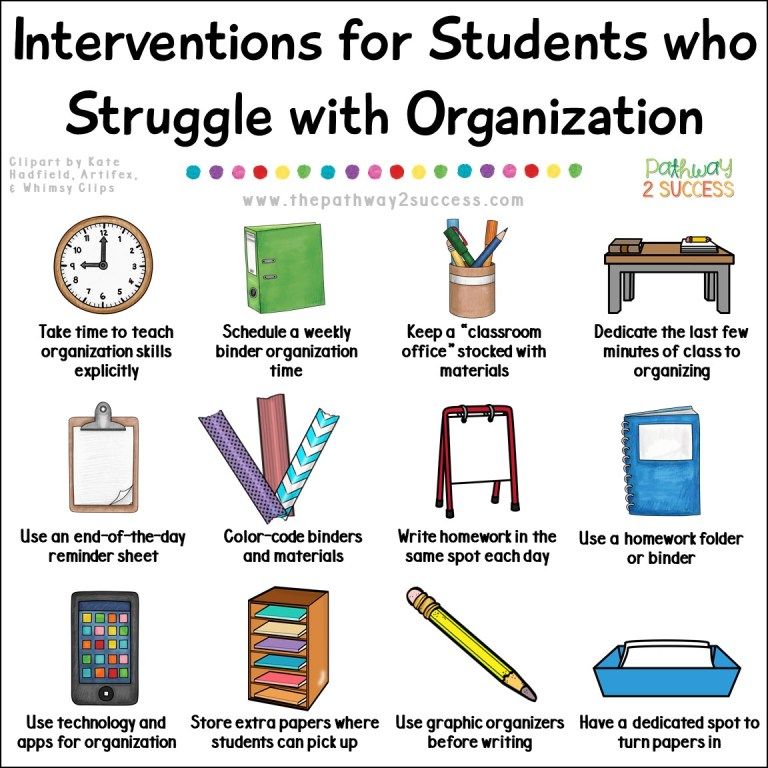
- Make the family a friendly team in which the child has his own "duties": for example, do housework, remind parents of upcoming events. Any activity related to the well-being of other family members will do.
5. Respect for personal boundaries
The absence of an obsessive desire to interfere in other people's lives is a valuable skill that helps to win people's sympathy.
- Respect the child's personal boundaries: do not enter the nursery without warning, do not rummage through personal belongings and correspondence, if the matter does not concern the life and safety of the baby.
- If the child violates other people's boundaries (takes toys without permission, asks uncomfortable questions), talk about it in private.
6. Ability to overcome conflict situations
It is difficult to imagine our life without conflicts. The task of the child is to learn how to culturally enter into a discussion, defend his point of view, and not be led by the provocations of his interlocutors.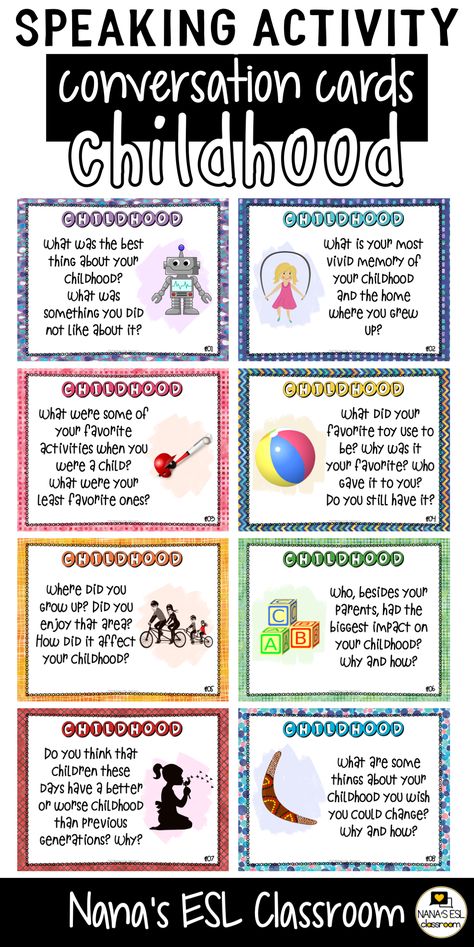
- Talk about problems calmly, without raising your voice. Do not put pressure on the child with parental authority unnecessarily: the child is a separate person who has the right to an opinion.
- Do not judge people for views that differ from those of your family but do not affect your well-being. Show your child that the world is very different.
- You can demonstrate to children the basics of a civilized dispute, explain what arguments are, etc. It is advisable to teach this to a child in kindergarten.
7. Self-confidence
Stable and adequate self-esteem is a quality that not all adults possess.
It is formed under the influence of many factors: relationships between parents, the role of the child in the family circle, the characteristics of the environment that surrounded the child in early childhood.
It is important that the child does not grow up to be either a narcissistic narcissist with fragile self-esteem, or an overly shy person.